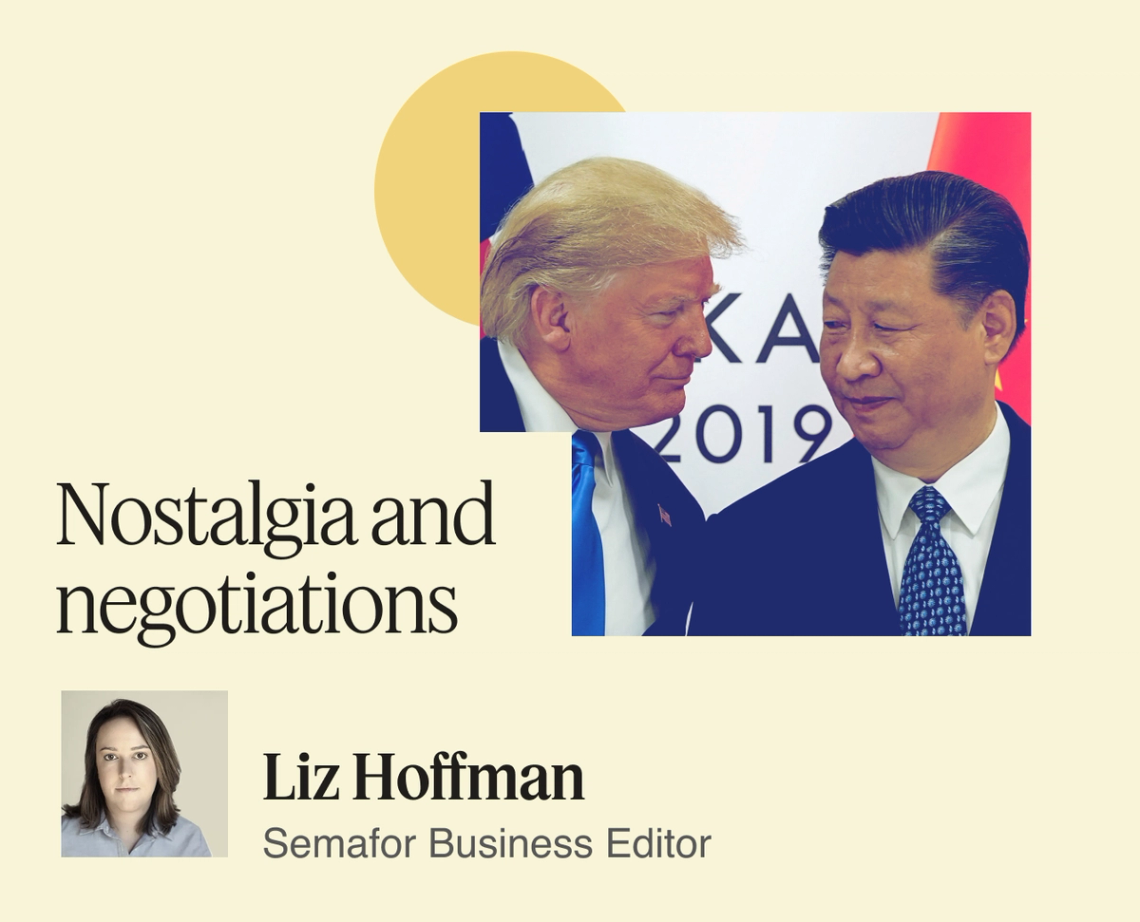 The last time this much of the global economy and security hinged on a single phone call, the phone was red. The direct line that connected the US president and the Kremlin for decades — which wasn’t actually red or a phone, but popular perceptions persist — was credited with helping dial down tensions during the ensuing decades of global flare-ups. Now it’s 2025, and we’re all hoping President Donald Trump can get a hold of China’s Xi Jinping. The White House says the two are expected to speak this week, though the Chinese embassy hasn’t confirmed it. As the Financial Times’ Edward Luce wrote this morning, you can’t fault China for being wary: In April, Trump said Xi had called him, an interaction the embassy flatly denied and for which the White House has provided no evidence. The defining economic quality of MAGA is nostalgia. The economy that Trump idealizes is that of the 1950s. The trade system he’s ushering in looks more like that of the 1930s. And the financial system — which is getting “yippy” again, in the president’s words, with Treasury yields hovering in uncomfortably high territory— is left hoping for the best in a conversation between two world leaders. Nostalgia usually looks back to a better time. Meanwhile, China is mindful of lessons learned from Trump’s first term, whose bilateral trade deal was seen as favoring the US. They are playing hardball this time, which means markets and companies will have a harder time figuring out how this ends. |